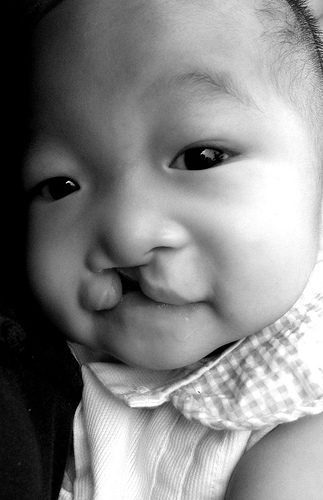Angela Hyde
Newfoundland, Canada
 |
|
Photography by |
In considering the relation between medicine and the humanities, I find that the man who taught me the most about the human side of medicine was a surgeon.
He was from an earlier generation, practicing in an era when doctors were revered. He was known for his strong language and opinions, attention to detail, and meticulous surgical technique. Before the introduction of formalized Continuing Medical Education, he took self‐funded biennial trips to observe, work with, and learn from the leaders in his field in order to hone his surgical skills. He was respected for his honesty and moral integrity, a man who put his full effort into every challenge he faced. He demanded the same of his students, colleagues, and patients.
This surgeon, my grandfather, practiced in a world I would not recognize. The diseases he saw most frequently—tuberculosis, syphilis—are much less common today. Since his graduation 80 years ago, great advances have been made in drug development, diagnostic tools, and new technologies. But the needs of the patients have not changed.
He enjoyed telling stories about his career, anecdotes of his most interesting patients and surgical cases. He told of complex problems solved through careful history taking, physical examination, and patient observation. He stressed the importance of properly assessing each patient rather than relying solely on the referring physicians’ opinion. He recalled questioning a radiologist’s or pathologist’s report when it didn’t correlate with his clinical findings. In all of these stories his clinical assessment was proven correct.
He also described the importance of keeping an open mind, looking at the patient as a whole person, and not letting red herring symptoms lead you astray. He remembered a patient referred to him for gall bladder surgery. Upon physical examination, he noticed hyperesthesia over the right upper quadrant along with other signs that led him to diagnose not gall bladder pathology, but instead a spinal cord tumor.
As he spoke he often lamented the decreased emphasis on history‐taking and physical examination in medicine today. He worried about the wedge technology was placing between the patient and his physician. He recounted diagnosing lung cancer from the sound of a cough, and pulmonary tuberculosis from chest auscultation, both without the use of chest radiography.
He was renowned for his skill in repairing cleft lips and palates, but spoke little of the techniques and more of the effect the surgery had on his patients. He enjoyed describing recent encounters with past patients, as they still approached him in restaurants and shops, and sent letters and gifts more than two decades after his retirement. He told of a woman who approached him in a store, thanking him for fixing her mother’s cleft lip and palate, because she realized that without the surgery her mother likely never would have married—and she would not have been born. He told of a letter from a mother thanking him for repairing her son’s cleft lip and palate, and saying that without the surgery he likely wouldn’t be what he is today, a successful neurologist. So many patients and families stayed in touch with him because he had made such an impact on their lives.
He was my greatest teacher. From his stories I recognized that the patient holds the key information needed for a correct diagnosis, and that the patient’s well‐being and quality of life should always be kept foremost in mind. These lessons, taught to me in stories told by my 104-year-old grandfather, are the greatest lessons I will carry with me into my medical career.
ANGELA HYDE is a medical student in the MD/PhD program at Memorial University of Newfoundland, in St. John’s, NL, Canada. Although she has published in the field of colorectal cancer genetics, this is her first publication in humanities. Her grandfather, the subject of this essay, passed away in March 2012, at the age of 104.
Highlighted in Frontispiece Winter 2013 – Volume 5, Issue 1
Winter 2013 | Sections | Personal Narratives

Leave a Reply